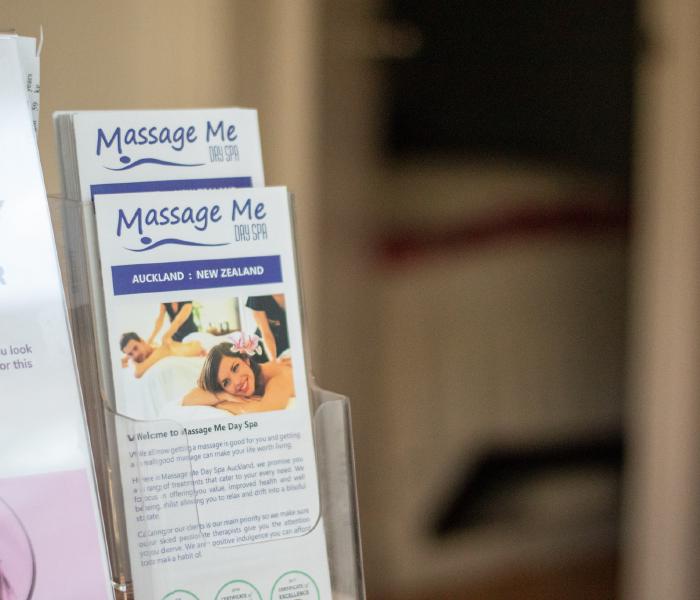Rehabilitating any injury can be a tiring and frustrating process. While the main goal of physical rehabilitation is to increase strength and flexibility, it often ends before the area has been returned to its full pre-injury state.
Massage plays an important role as a supplement to standard injury rehabilitation procedures. By encouraging circulatory movement and relaxing muscles, massage helps the body pump more oxygen and nutrients into tissues and vital organs. This allows the rehabilitating injured area(s) to become more flexible and heal at an accelerated rate.
Sports Injury Massage
From a sprained ankle or twisted knee to muscle spasms or broken bones, massage can provide the opportunity for faster recovery. With the pressure of the therapist’s hands improving blood flow, muscles become warmer. By stretching tight tissues and breaking down adhesions, massage can help flush out swelling in joints, allowing for quicker healing.
For hamstring injuries, the effect of stretching out tightness and loosening scar tissue can aid in recovery. And for back and neck spasms or nerve pain, various types of massage can help:
- Swedish Massage – according to WebMD, the light to medium joint movements of Swedish Massage “can be both relaxing and energizing and…even help after an injury”
- Deep Tissue Massage – helps flush lactic acid and other metabolic waste from your muscles, allowing more oxygen-rich and nutrient-filled blood to flow in
Broken Bones and Burns
If you’re recovering from a broken bone, you’ll want to eliminate stiffness and improve mobility in the problem area. Sports injury massage or any injury massage therapy can help reduce stiffness, restore movement, and provide relaxation that helps you focus on healthy healing instead of soreness and anxiety.
Burn patients studied in the Korean Journal of Hepatology reported that those who received three months of massage therapy during skin rehabilitation experienced less itching and less depression, along with improved skin healing.

